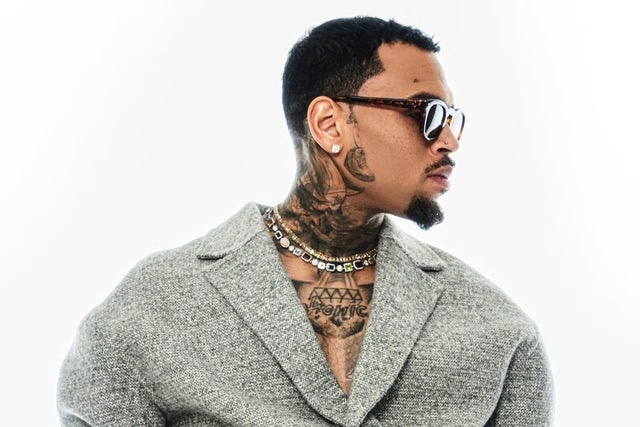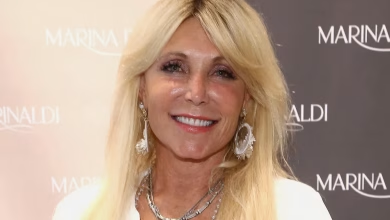Chris Brown’s SA Concert Sparks Fury Over Domestic Abuse Past

- Chris Brown's SA concert sparks outrage
- Campaigners cite domestic abuse history
- Fans divided over artist's past
The upcoming concert of Grammy-winning artist Chris Brown in South Africa has reignited concerns over the country’s alarming rates of violence against women. Despite selling out tickets to the FNB Stadium in Johannesburg within hours, Brown’s history of abuse has sparked widespread criticism.
Women for Change, a South African organization advocating for women’s and children’s rights, has launched a petition to stop Brown’s performance, garnering over 20,000 signatures. “The petition was started to send a strong message that we will not tolerate the celebration of individuals with a history of violence against women,” said Sabina Walter, executive director.
South Africa has one of the highest rates of femicide and gender-based violence globally, with a rape reported every 12 minutes. Walter emphasized, “When someone like Chris Brown is given a platform in a country where GBV is at crisis levels, it sends a damaging message – that fame and power outweigh accountability.”
Brown’s past instances of violence, including a 2009 domestic dispute with singer Rihanna, have raised concerns. Women for Change questions how the Department of Home Affairs granted a visa to a convicted abuser.
However, some fans, including former University of Cape Town vice-chancellor Prof Mamokgethi Phakeng, defend attending the concert, separating art from the artist. “Music is bigger than the individual… Attending the concert does not magically erase our moral stance on GBV.”
Walter countered, “Selective outrage is dangerous because it perpetuates rape culture and high levels of violence women face daily.” President Cyril Ramaphosa has acknowledged South Africa’s GBV crisis, but little has changed since his 2019 call to action.
Women for Change honors over 200 women lost to femicide this year alone. Walter stressed, “This fight isn’t just about this concert. It’s about changing the narrative in South Africa, where abusers are held accountable.”






